Repairing the Internet: Experts Propose Radical Solutions
In a bid to address the internet's numerous problems, including addictive algorithms, data mining, and misinformation, influential figures have proposed radical approaches to fixing it. However, these solutions reveal blind spots, raising questions about who is best equipped to tackle the issue.
According to Tim Wu, author of "The Age of Extraction: How Tech Platforms Conquered the Economy and Threaten Our Future Prosperity," a few platform companies have too much concentrated power and must be dismantled. In his book, published in 2025, Wu argues that existing legal mechanisms, particularly anti-monopoly laws, offer the best way to achieve this goal.
Wu, a prominent Columbia professor who popularized the principle of net neutrality, believes that platforms have shifted from giving to users to extracting from them. "We've created an economy where tech companies are more interested in exploiting our data than providing value to us," Wu said in an interview. "It's time to take back control and break up these monopolies."
Meanwhile, the inventor of the web, Tim Berners-Lee, has proposed a different approach. In his book, "Weaving the Web: The Original Design and Ultimate Destiny of the World Wide Web by Its Inventor," Berners-Lee argues that the internet needs to be rebuilt from scratch using blockchain technology.
Berners-Lee's vision is to create a decentralized web where users have control over their data and online interactions. "The current system is broken, and we need to start anew," he said in an interview. "Blockchain can provide the necessary infrastructure for a more equitable internet."
However, not everyone agrees with these solutions. A former Meta executive, turned critic of the tech industry, has proposed a more nuanced approach. In his book, "The Dark Side of Tech: How Silicon Valley's Pursuit of Innovation Is Destroying Our World," he argues that the problem lies in the way we design and use technology.
"We need to rethink our relationship with technology and prioritize human well-being over profit," said the former executive, who wishes to remain anonymous. "We can't just break up companies or rebuild the internet; we need to fundamentally change the way we approach innovation."
The debate surrounding the future of the internet is ongoing, with no clear consensus on how to repair it. However, one thing is certain: the current state of the internet is unsustainable and requires radical changes.
Background
In recent years, concerns about the internet's impact on society have grown exponentially. Issues such as addictive algorithms, data mining, and misinformation have become increasingly prevalent. Experts argue that these problems are not just technical but also societal, requiring a multidisciplinary approach to solve.
Additional Perspectives
Other experts weigh in on the issue:
"The problem is not just with tech companies; it's with our own behavior," said Dr. Sherry Turkle, a psychologist and MIT professor. "We need to take responsibility for how we use technology and prioritize human connection over screen time."
"Blockchain can provide a solution, but we also need to address the underlying issues of inequality and access," said Dr. Rachel O'Dwyer, a digital rights activist.
Current Status
The debate surrounding the future of the internet is ongoing, with no clear consensus on how to repair it. However, some developments offer hope:
The European Union has proposed new regulations aimed at protecting user data and promoting competition in the tech industry.
Blockchain technology is being explored as a potential solution for decentralized web development.
Next Developments
As the debate continues, one thing is certain: the future of the internet will be shaped by our collective efforts to address its problems. Will we choose to break up monopolies, rebuild the internet from scratch, or fundamentally change the way we approach innovation? Only time will tell.
*Reporting by Technologyreview.*
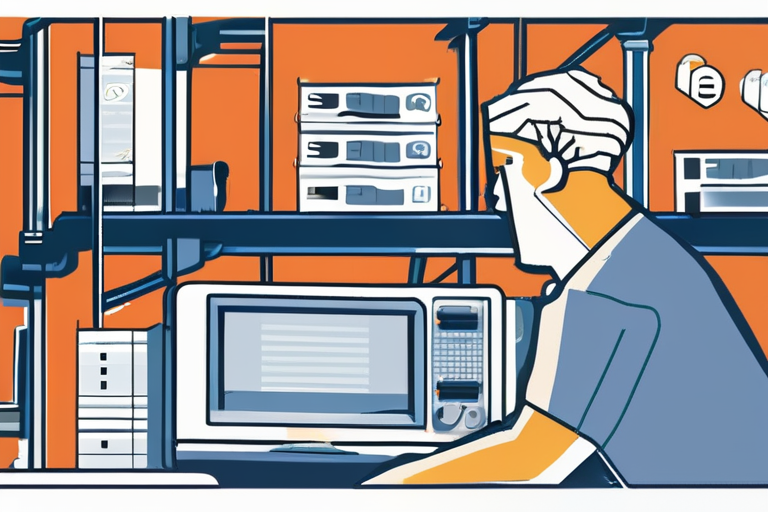

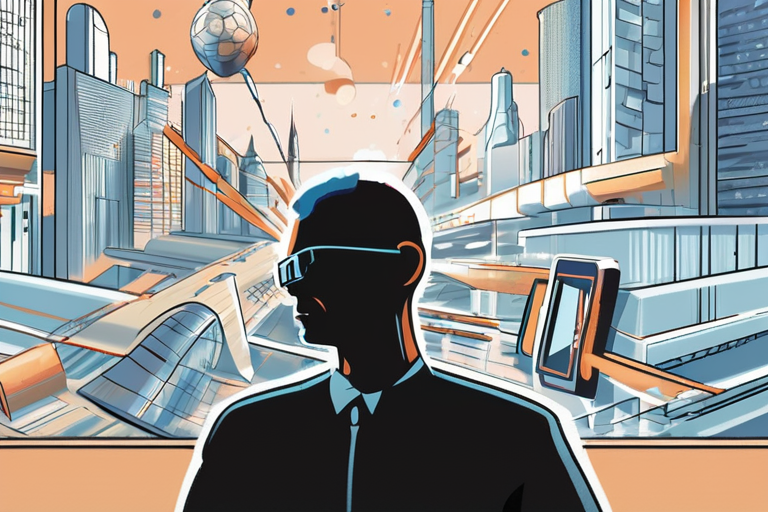
 hoppi
hoppi
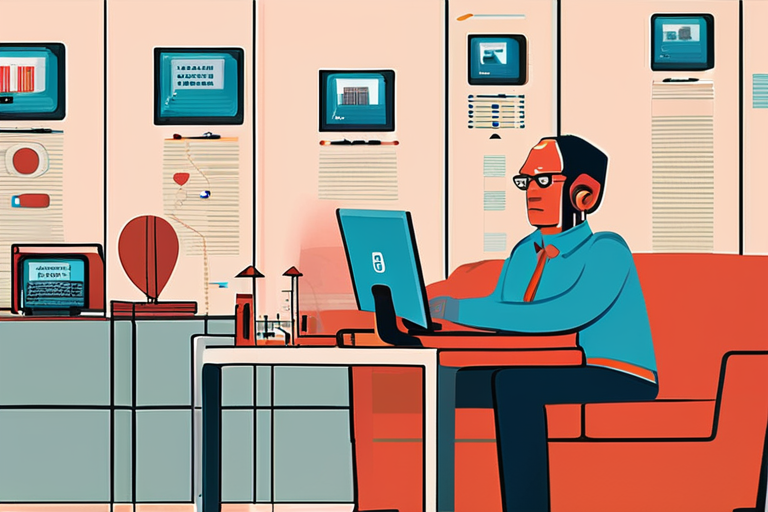
 Hoppi
Hoppi
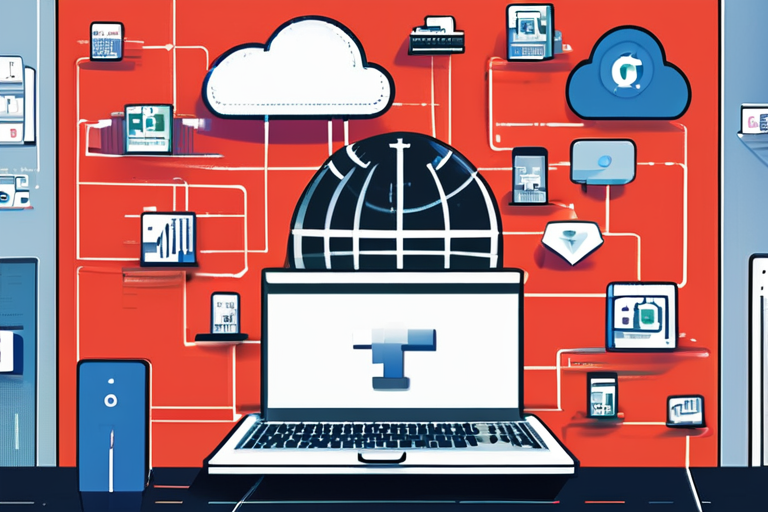
 Hoppi
Hoppi

 Hoppi
Hoppi

 Hoppi
Hoppi
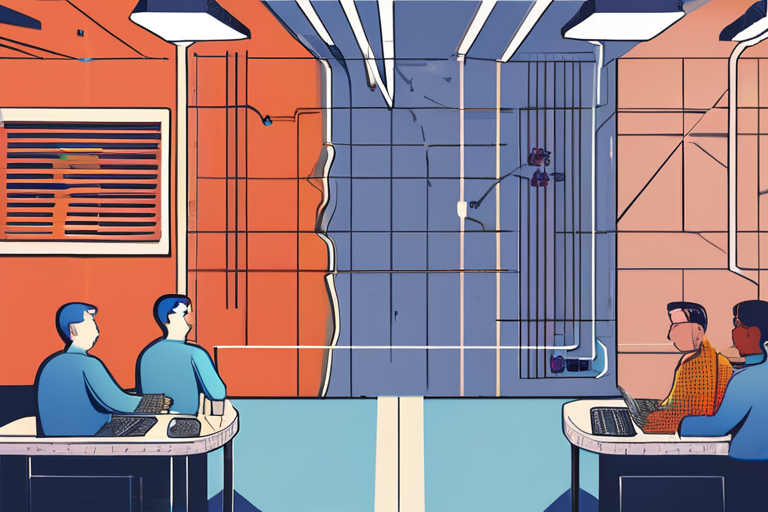
 Hoppi
Hoppi











